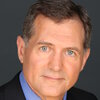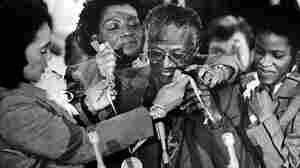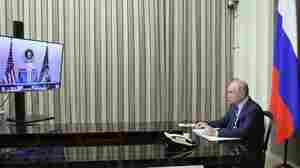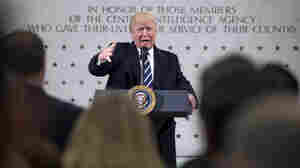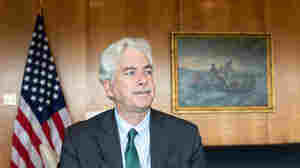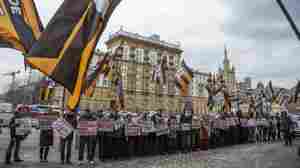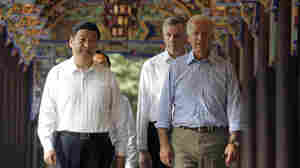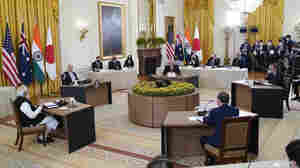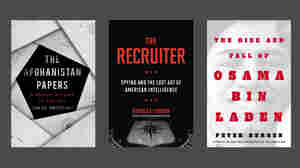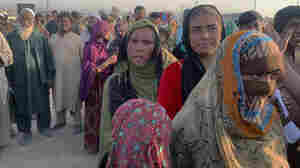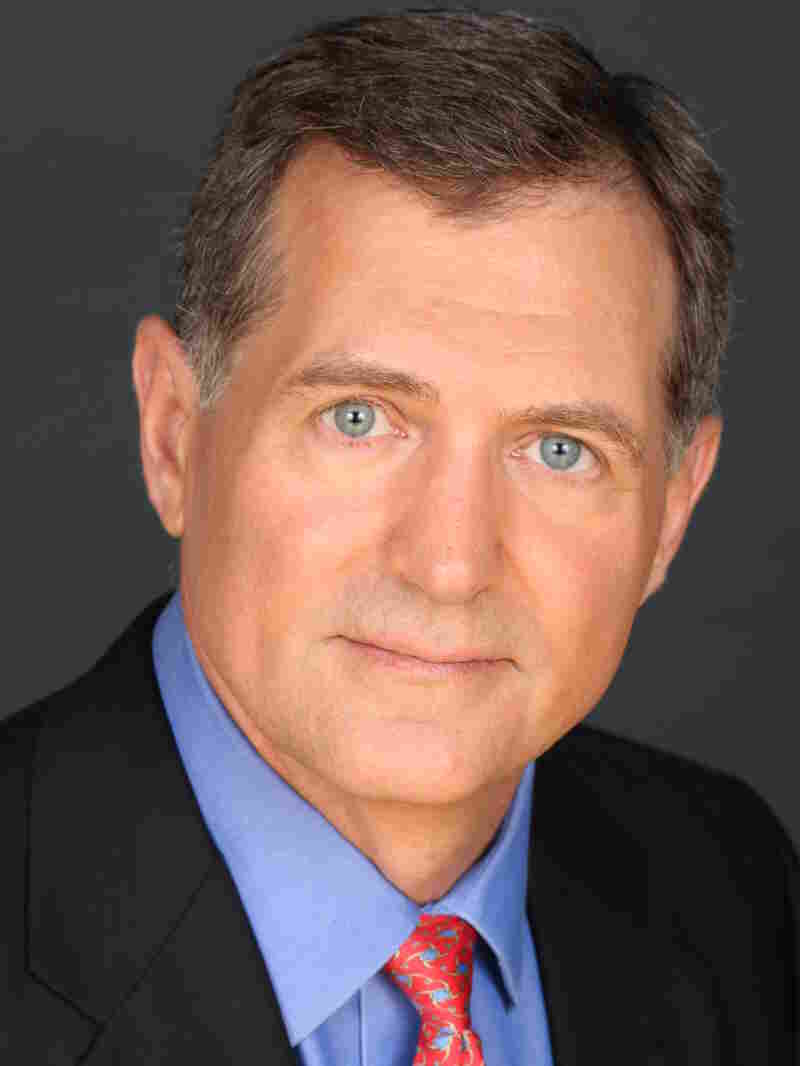
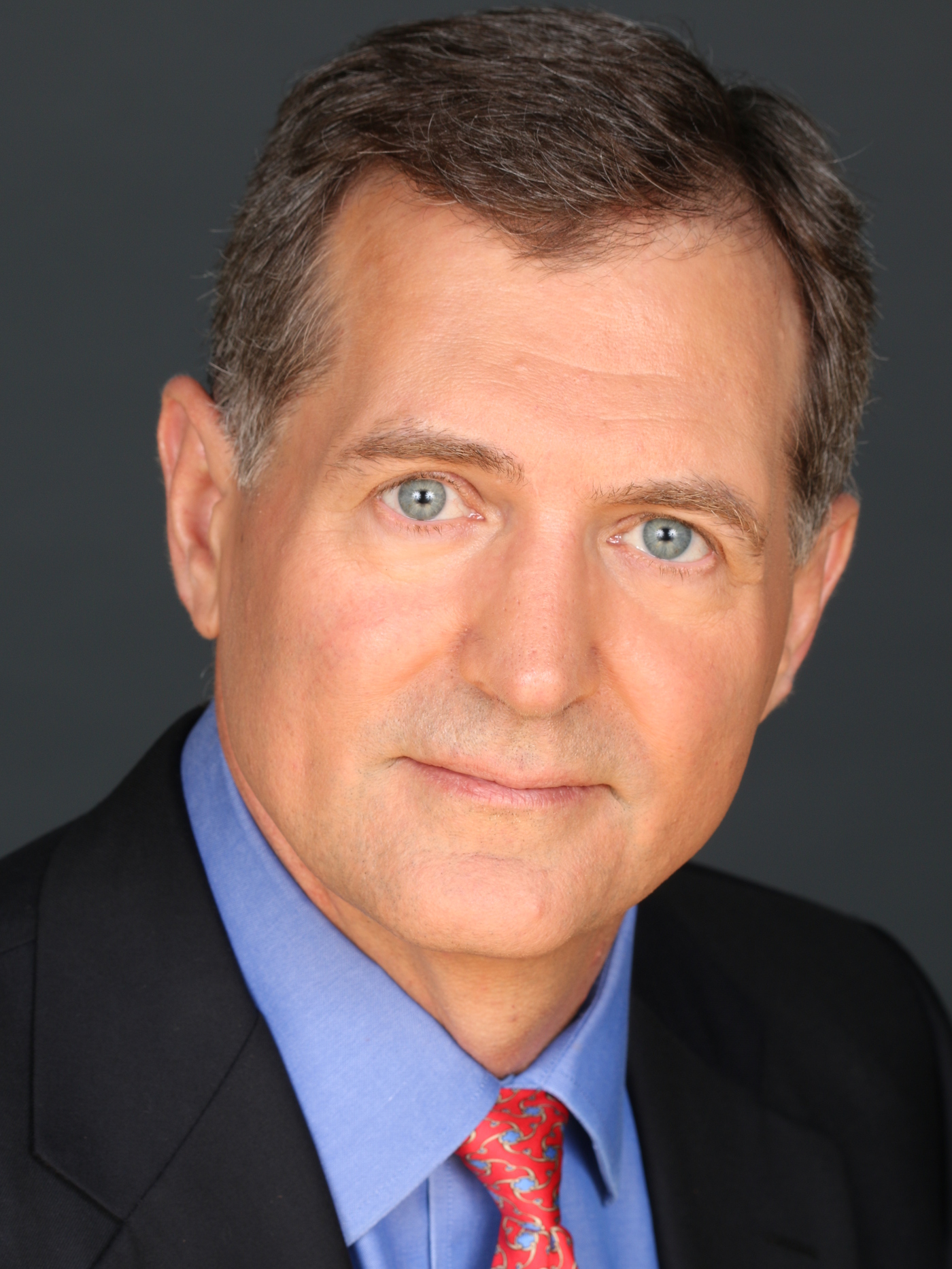
Greg Myre
National Security Correspondent
Greg Myre is a national security correspondent with a focus on the intelligence community, a position that follows his many years as a foreign correspondent covering conflicts around the globe.
He was previously the international editor for NPR.org, working closely with NPR correspondents abroad and national security reporters in Washington. He remains a frequent contributor to the NPR website on global affairs. He also worked as a senior editor at Morning Edition from 2008-2011.
Before joining NPR, Myre was a foreign correspondent for 20 years with The New York Times and The Associated Press.
He was first posted to South Africa in 1987, where he witnessed Nelson Mandela's release from prison and reported on the final years of apartheid. He was assigned to Pakistan in 1993 and often traveled to war-torn Afghanistan. He was one of the first reporters to interview members of an obscure new group calling itself the Taliban.
Myre was also posted to Cyprus and worked throughout the Middle East, including extended trips to Iran, Iraq, Syria, Lebanon, Turkey, and Saudi Arabia. He went to Moscow from 1996-1999, covering the early days of Vladimir Putin as Russia's leader.
He was based in Jerusalem from 2000-2007, reporting on the heaviest fighting ever between Israelis and the Palestinians.
In his years abroad, he traveled to more than 50 countries and reported on a dozen wars. He and his journalist wife Jennifer Griffin co-wrote a 2011 book on their time in Jerusalem, entitled, This Burning Land: Lessons from the Front Lines of the Israeli-Palestinian Conflict.
Myre is a scholar at the Middle East Institute in Washington and has appeared as an analyst on CNN, PBS, BBC, C-SPAN, Fox, Al Jazeera and other networks. He's a graduate of Yale University, where he played football and basketball.
